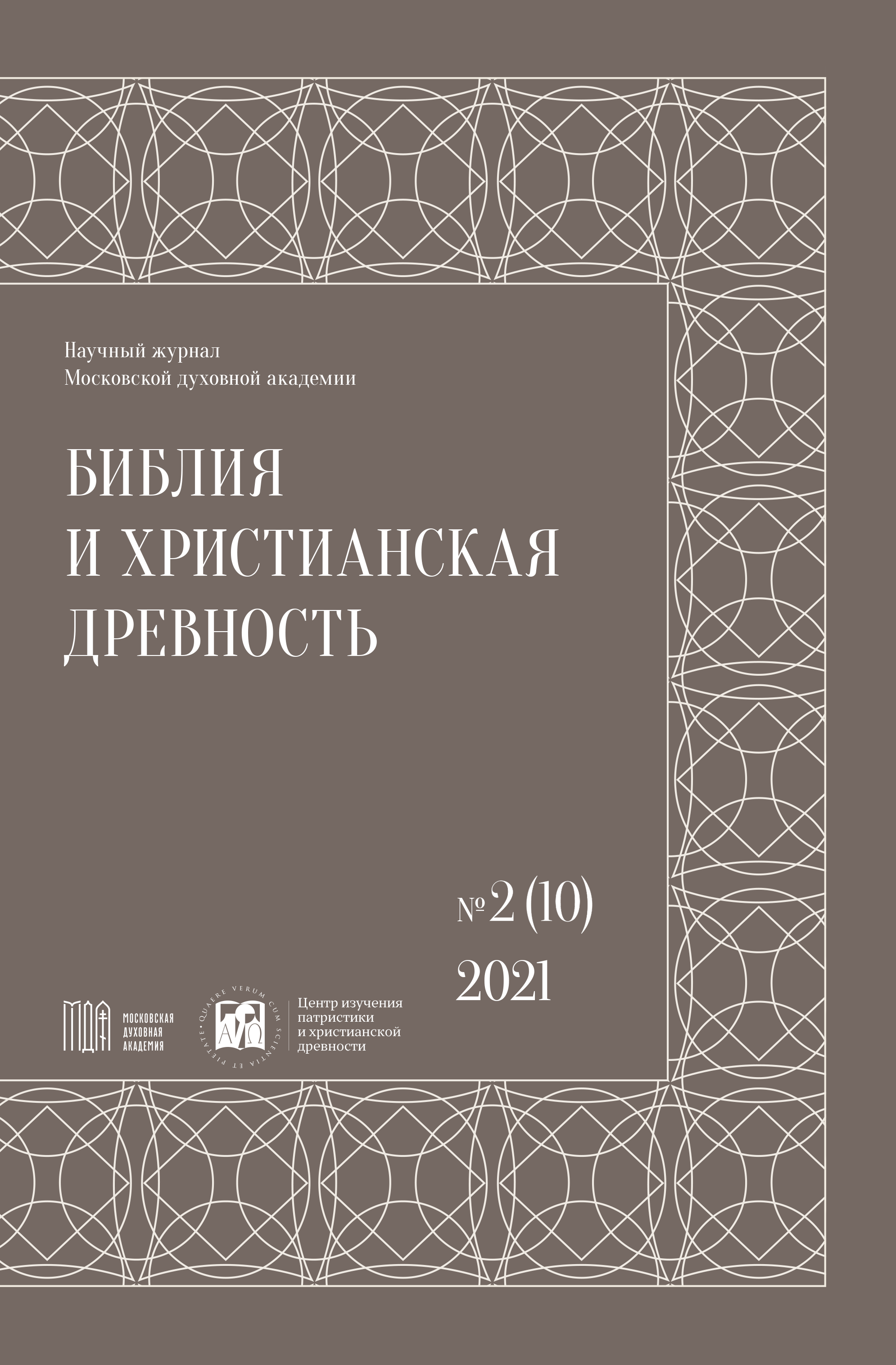Bulletin of the International Organization for Septuagint and Cognate Studies. Bibliographical Review
Part 4: 1999–2007
Keywords:
Bible, Old Testament, Septuagint, research, criticism, bibliographyAbstract
At the turn of the century the Septuagint research seems to be turned to picking up the crumbs. The progress in source studies, grammatics, lexicography and lexicology, textology, application of new translation theories, paradoxically didn’t lead to the expansion of the formulation of research tasks, although this expansion was meant by theological institutions that once took steps to deepen the study in these fields. Instead, there has been prevailed a meticulous insight into the details, that, even being soluted completely convincing, in relation to the problems of a more general plan (although also in themselves particular), as a rule, has but a hypothetical significance. Such a situation allows us to characterize the Septuagint studies in this period, at least in the main part, as an ivory tower , despite the continued training of high-class specialists and the increase in knowledge not only quantitative, but also qualitative. It can be said that science has entered a phase of old age with its typical disappointment in romantical goals and in the teleology as such, when the movement of life continues only by virtue of momentum. For the mind interested in theology, a science of this kind, prominent as it is, can only be a pure material and hardly ready to act as an interlocutor.
Downloads
Published
Issue
Section
License

This work is licensed under a Creative Commons Attribution-NonCommercial-ShareAlike 4.0 International License.



